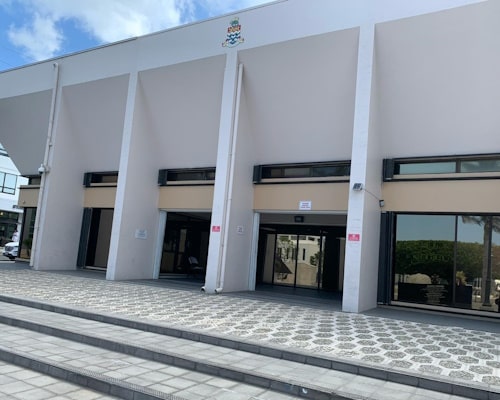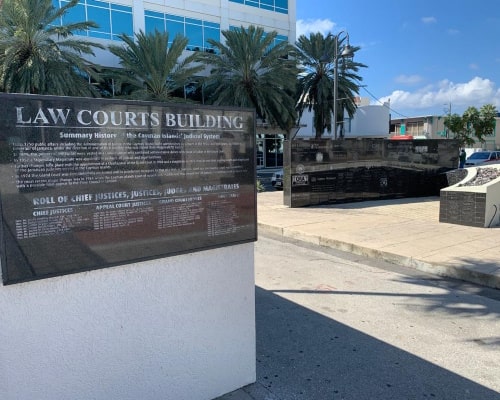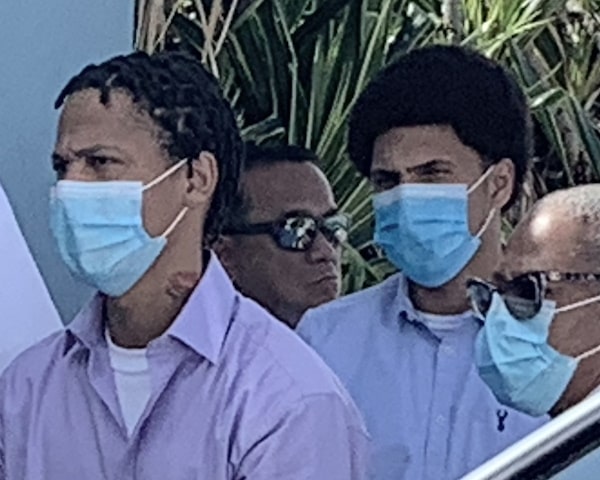CarePay RFP far too short, says IT expert
(CNS): The tight timeline ordered by Canover Watson to turn around the request for proposals for the hospital payment system contract was “unprecedented”, a key crown witness told the court when he gave evidence on Wednesday in the ongoing corruption trial. The short time also meant that a number of other companies, including local firm Brac Informatics, were prevented from bidding because the window of opportunity was so small, Dale Sanders, the former hospital IT expert, revealed.
Giving evidence via video link from the United Stated, the one-time chief information officer at the Health Services Authority recalled a number of concerns he had about the deadlines imposed by the then chair of the HSA Board, Canover Watson, who is charged with fraud relating to the contract.
Sanders said he would, under normal circumstances, expect to have many months to research and prepare the documents for an RFP and then as much as six months for bidders, but his concerns about the timeline were ignored. He described the situation as “inappropriate for vendors” as it would reduce the opportunity to reach all potential companies and a truly competitive bid.
He said not only was Watson adamant about the tight turnaround but he was also very angry with Sanders when he wrote about and circulated the RFP on his professional blog, giving it a wider audience than it appeared the board chair had wanted. Sanders said Watson told him it had been inappropriate for him to broaden the publication, whereas in his experience of public contract bids the wider the audience the better.
He explained that before the deadline of 5 November 2010 arrived, around half a dozen more firms started expressing interest other than AIS, the company Watson is accused of being the beneficial owner of, and Cerner, which already had a relationship with the hospital.
One of those was a fully locally-owned company, Brac Informatics, which has connections with the current tourism minister. The court also heard that Danny Scott, a key player in the local private health insurance sector, had written a letter of complaint about the RFP process, though the details of the complaint were not fully revealed.
The court heard that Watson had sent emails to Jeffrey Webb about Sanders circulating the RFP overseas and Webb had asked Watson to find out which teams had been contacted. Sanders, however, explained that he did not contact anyone but simply wrote about and posted the documents on his own site, which had a wide reach in the health technology industry.
Sanders described how he was eliminated by Watson from scoring bidders once the RP was complete, despite being a key member of the technical committee and the only person with the IT expertise needed and the wider knowledge of the immense complexities that would be involved with transition and implementation.
Sanders said that an IT emergency at the hospital in radiology forced him to leave a meeting as one of the bidders was presenting to the board. Although it was a day-long affair and Sanders had only been gone for around 15 minutes, he said Watson insisted that he could not be part of the evaluation process because of that short absence.
“I thought that was inappropriate,” he said, as he explained he could easily have recapped with dialogue the minutes he missed but such a short time was insignificant to the whole day’s presentation. However, despite expressing his wish to remain to continue the evaluation, Watson announced to the rest of the team that Sanders would not be involved, leaving the technical committee with no IT expertise on a technology-based contract.
The case continues.




































